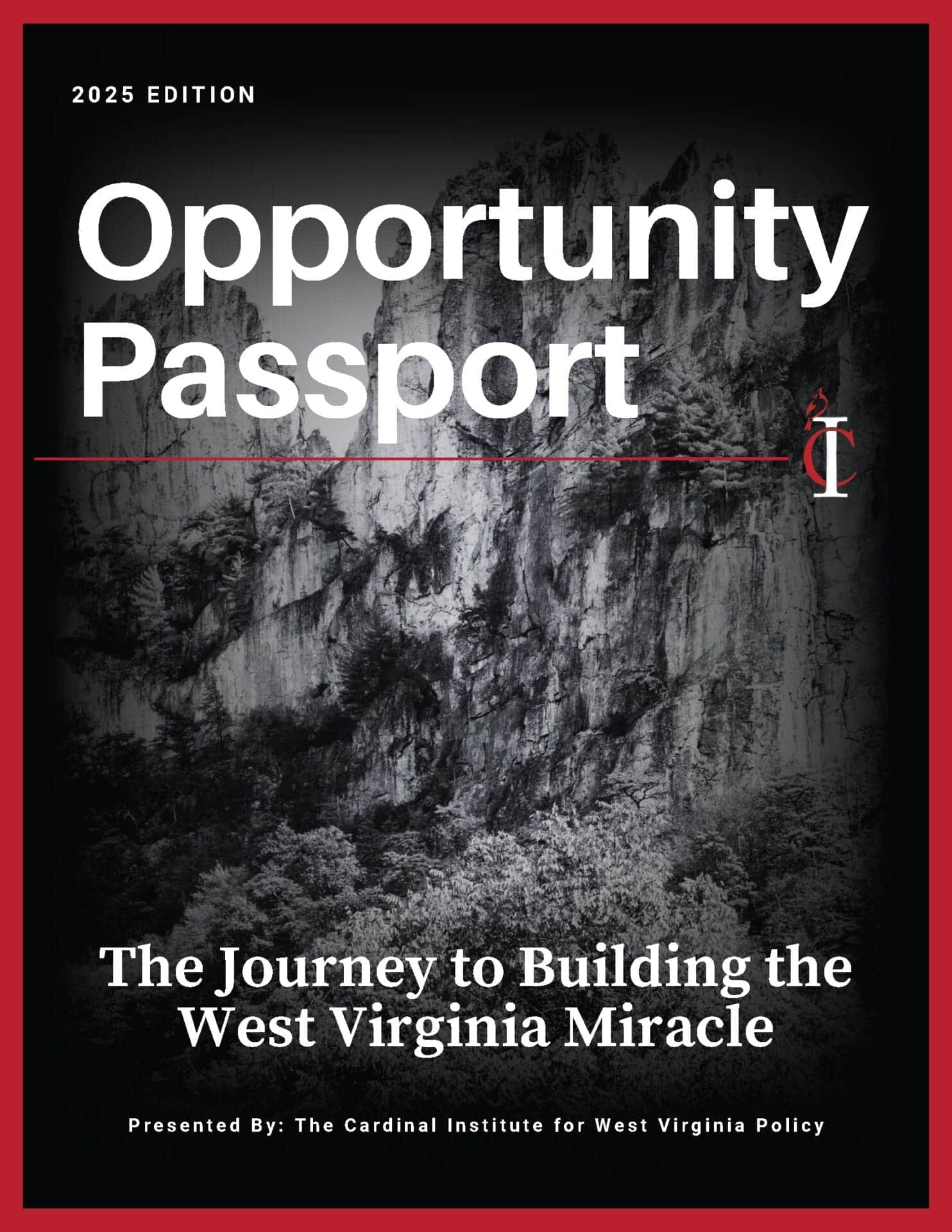
Overdose Deaths: Blame Government Too, Not Just Pharma
Cardinal Team
The death of actor Michael K. Williams has brought discussion of the opioid crisis and overdose deaths back to the forefront of many people’s minds. The opioid crisis often fades into the background until a celebrity dies or overdoses. But, I think it’s fair to say that in West Virginia, most people know someone struggling with an addiction or who is affected by this crisis. Whether it’s alcohol, opioids, or other drugs, addiction is a serious problem that touches every sector of society. If we want to solve this crisis going forward, we have to stop blaming big pharma and start holding big government accountable.
Between the years of 1999 – 2019, there have been 841,000 drug overdose deaths. There are several ways that federal, state, and local governments have contributed to and exacerbated the opioid crisis. However, I want to talk about two: restrictions on medication assisted therapies and the COVID-19 government mandated lockdowns.
MAT Could Alleviate the Overdose Epidemic
Medication assisted therapies (MAT) are a form of addiction treatment in which patients addicted to opioids are given less dangerous opioids as a way to reduce withdrawal symptoms and slowly wean them off of opioids over time or at least manage the addiction with fewer negative side effects.
Unfortunately, the federal government severely restricts usage of opioids, and limits MAT to three options: buprenorphine, methadone, and naltrexone. Additionally, in order to use these medications, physicians have to obtain an “X waiver.” Under current guidelines, even if they get this waiver, they can only treat up to 30 patients at a time. It is vital that we increase doctor’s prescribing freedom. Addiction is treatable. We shouldn’t be fighting this crisis with our hands tied behind our backs.
Let me give a more detailed example to highlight what it means for doctors to deal with these restrictions. If a patient has diabetes, doctors may prescribe some lifestyle changes and give dietary advice, but they can prescribe other things too. Doctors aren’t limited. They are able to prescribe insulin and other medications and even surgeries, if necessary, to help people deal with their blood sugar, weight, and other symptoms that come from diabetes.
Can you imagine how much worse outcomes for people with diabetes would be if all doctors could do is prescribe dietary changes? We don’t restrict doctors prescribing freedom so strictly when it comes to other major health issues. This allows people to live longer, healthier, happier lives. The same principle should extend to addiction treatment.
Government Lockdowns Led to More Overdose Deaths
2019 was the worst year for drug overdoses on record with the CDC reporting 70,630 drug overdose deaths. That is until COVID-19 happened and governments began mandating lockdowns and a myriad of other restrictions. In 2020, drug overdose deaths rose 29.4% to an estimated 93,331 deaths, including 69,710 involving opioids. This is despite a 60% drop in the prescribing of opioids since 2012. Some states have experienced particularly high rate increases like Kentucky. Kentucky saw a 50% increase in overdose deaths in 2020.
I hate to say “I told you so,” but people sounded the alarm bells early on. Overdose deaths fall under the category of deaths of despair. A lack of connection or community plays a huge role in these deaths. Government mandated seclusion and isolation compounded the difficulties many people were having and led to fatal consequences.
With every public policy there are tradeoffs. For COVID, we have to look at the tradeoffs between further mitigation and the costs of isolation. As we face new COVID—19 variants like Delta and Mu, it is important that federal and state governments learn their lesson and work to find more suitable public policy solutions that don’t continue to endanger the lives of the vulnerable.
It’s Time to Make Some Changes
A lot of popular culture often focuses on Appalachia and states like West Virginia as the hotbed of the opioid crisis, and it’s true that these areas are particularly hard hit. But, addiction doesn’t care who you are, where you’re from, or how much money you make. It’s really agnostic to your identity.
It’s important that federal, state, and local governments take a long hard look at their own contributions to this growing crisis and learn the lessons of the past while crafting public policy for the future. We’ve already lost a generation of people to this crisis. Let’s not lose another.
Amanda Kieffer is the Communications Director for the Cardinal Institute for West Virginia Policy.







